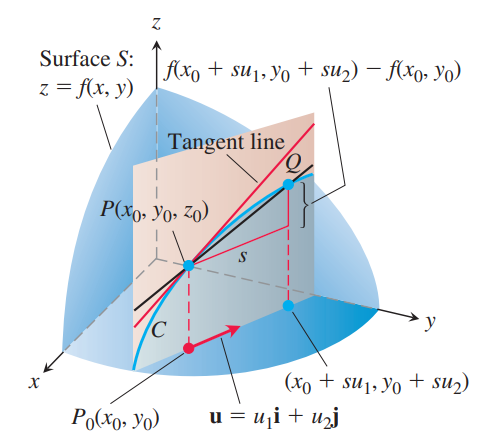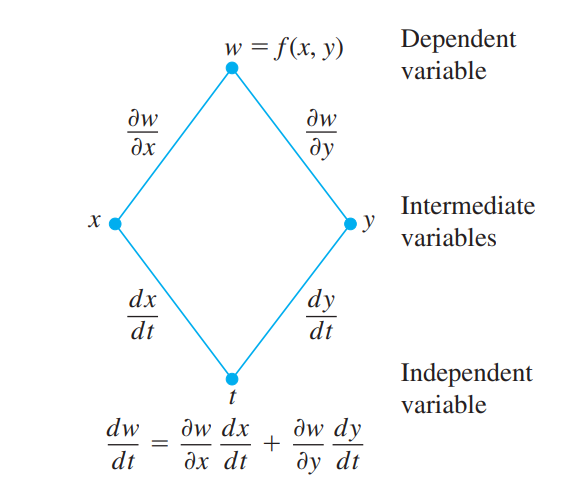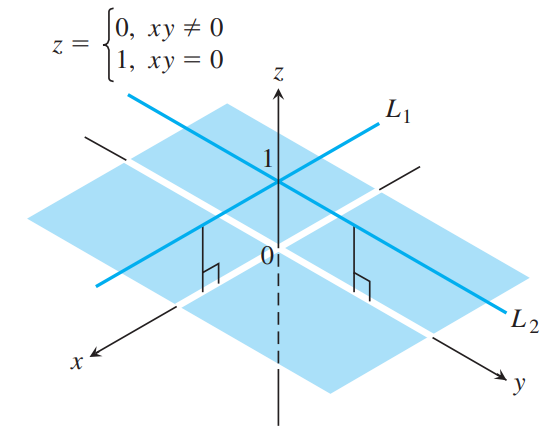Wallis's Integral
·
Mathematics/Calculus
Wallis's Integral$$ \begin{align} &(1) \quad I_n = \int_{0}^{\frac{\pi}{2}} \sin ^n x dx = \frac{n-1}{n} I_{n-2} \\ &(2) \quad I_m = \int_0^{\frac{\pi}{2}} \cos ^m x dx = \frac{m-1}{m} I_{m-2}. \end{align} $$공부하다보면 구간이 $0$부터 $\frac{\pi}{2}$까지 일 때 $\sin, \cos$의 거듭제곱을 적분해야 하는 상황이 의외로 자주 발생한다. 이때 이 값을 매번 구하려면 귀찮으므로, Wallis's Integral, 월리스 적분이라고 불리는 공식을 사용하도록 하자. 유도 과정은 Integration by parts를 사용하여 다..




